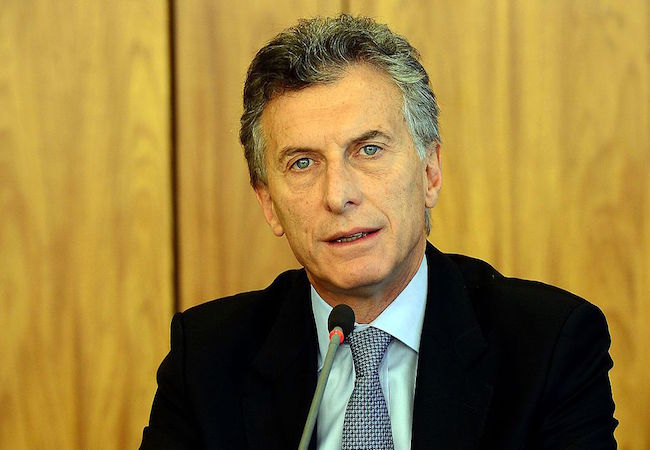
If the last two years have taught us anything, it is how profoundly interconnected our human family is, how deeply a threat to the health of one community jeopardizes the wellbeing of all communities. Indeed, the outbreak of COVID-19 has underscored the immense global impact of public health policy. And, in the process, the pandemic has illuminated the vital importance of new voices shaping health policy worldwide.
A Truly Global Voice
For far too long, it has been the developed nations of Europe and North America, the wealthy countries of the global north, which have driven public policy across the world. This includes policies that have defined, shaped, and driven the global health system.
And that is a problem because such practices have always already left the nations of Asia, Latin America, and Africa whenever and wherever the global north stands to benefit. Today, however, new voices from these traditionally marginalized regions are playing an increasingly significant role in global leadership, including global health policy.
The integration of these new perspectives enables the recognition and prioritization of concerns once largely overlooked by the global health system. For instance, studies show that the effects of climate change are having a particularly detrimental impact on the health systems of low- and middle-income (LMI) countries.
Climate change-related droughts, for instance, are contributing to hunger and malnutrition in LMI regions. Similarly, the increasing frequency and severity of storms, from typhoons to floods, are jeopardizing the health of populations in the storms’ path, from the acute injuries of the storm itself to the disease outbreaks occurring in the aftermath of destructive weather events.
These are the realities confronting the global health system, realities on which experts who hail from these impacted regions are uniquely qualified to address.
Diversity and Inclusion in Health Leadership
It is not only through the incorporation of voices from outside the global north that the health system worldwide is becoming more inclusive. Indeed, members of minority groups are occupying leadership in communities throughout North America and Europe. This includes not only traditional community leadership roles but also digital leadership functions.
Now more than ever, persons of color, religious and ethnic minorities, and members of the LGBTQ+ community are taking the helm in defining public policy in both physical and digital environments. This inclusivity is vital insofar as this facilitates the understanding of both the obstacles and the opportunities inherent in the healthcare system and its capacity to serve historically underserved communities and populations.
The outbreak of COVID-19, for instance, illuminated the profound but often largely overlooked disparities in the US healthcare system. Marginalized communities in the US have been particularly adversely affected by the virus, with an untold number of fatalities being attributed to the lack of access to personal protective equipment (PPE), vaccines, and therapeutics in these areas. As a result, a disproportionate number of elderly, disabled, and homeless persons of color have been lost to the virus.
Similarly, in communities both within and outside the US, the issue of vaccine hesitancy has taken center stage in public health discourse and policy-making. Importantly, the question has come to define not only the debate over the COVID-19 vaccine but also to shape the conversation of access to and utilization of other vaccines, such as the polio and measles vaccines. Studies show, for example, that in the LMI nations of Afghanistan and Nigeria, historically insufficient vaccine policies have led to a surge in polio cases.
With the advent of voices from these communities, however, the public health need may be more readily defined and accommodated.
Nursing Insights
There is no question that health systems across the US and around the world have traditionally been dominated by its elite, from medical researchers and public health officials to physicians.
Nurses, however, were once upon a time largely excluded from health policy leadership and decision-making. Thankfully, that tide seems to have turned and nursing professionals at all levels are now assuming key positions in policy development.
Nurse practitioners, for example, are often uniquely qualified to speak on points of concern within the communities they serve. Nurses specializing in gerontology, for instance, are helping to define disease prevention and treatment measures customized to the unique needs of elderly populations,
Similarly, as healthcare providers and policy-makers increasingly recognize the profound need for improved mental healthcare worldwide, nurses specializing in psychiatric care are particularly well-positioned to define best practices in mental healthcare for diverse patient populations.
The Takeaway
The recent pandemic has highlighted how interconnected our global health system truly is. And yet, for far too long, health policy has been dominated and determined by a limited number of voices, most often those in positions of power and privilege. Today, however, new voices are emerging within the global health system, bringing with them new priorities and perspectives in the development of health policy. This includes nursing professionals, members of minority communities, and representatives of previously underserved patient populations.




